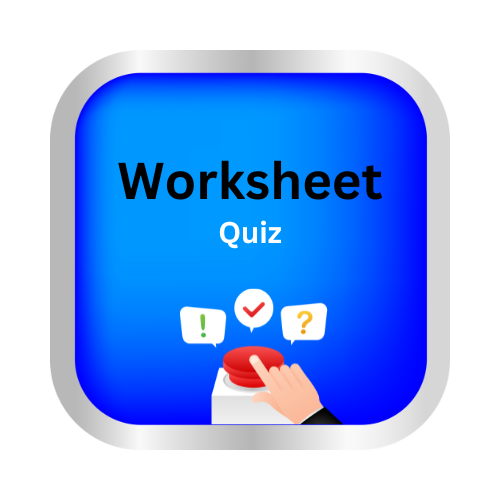Is the sentence in the past, present or future tense?
key notes :
✨Verb Tenses 📝
| What is Tense? 🤔 |
👉 Tense tells us when an action happens (time of the verb).
| Types of Tenses ⏳ |
🔵 Past Tense (Yesterday/Before)
- Action that already happened.
- 📝 Example: She played football. ⚽
🟢 Present Tense (Now/Today)
- Action happening right now or something true always.
- 📝 Example: She plays football. ⚽
🟠 Future Tense (Tomorrow/Later)
- Action that will happen in the future.
- 📝 Example: She will play football. ⚽
| Clue Words 🕵️♀️ |
- ⏮ Past ➝ yesterday, last week, ago
- ⏺ Present ➝ now, today, always, every day
- ⏭ Future ➝ tomorrow, next week, will, shall
| Quick Trick 🎯 |
- If you see -ed ➝ 👉 Past (walked, played)
- If you see is/are + verb-ing ➝ 👉 Present (is running, are reading)
- If you see will/shall ➝ 👉 Future (will eat, shall go)
| Examples 🌈 |
- 🕒 Past: Raju watched TV yesterday. 📺
- 🕒 Present: Raju watches TV every day. 📺
- 🕒 Future: Raju will watch TV tomorrow. 📺
| 💡 Remember: |
Past = Already happened ✅
Present = Happening now ⏺
Future = Yet to happen ⏭
Let’s practice!🖊️

